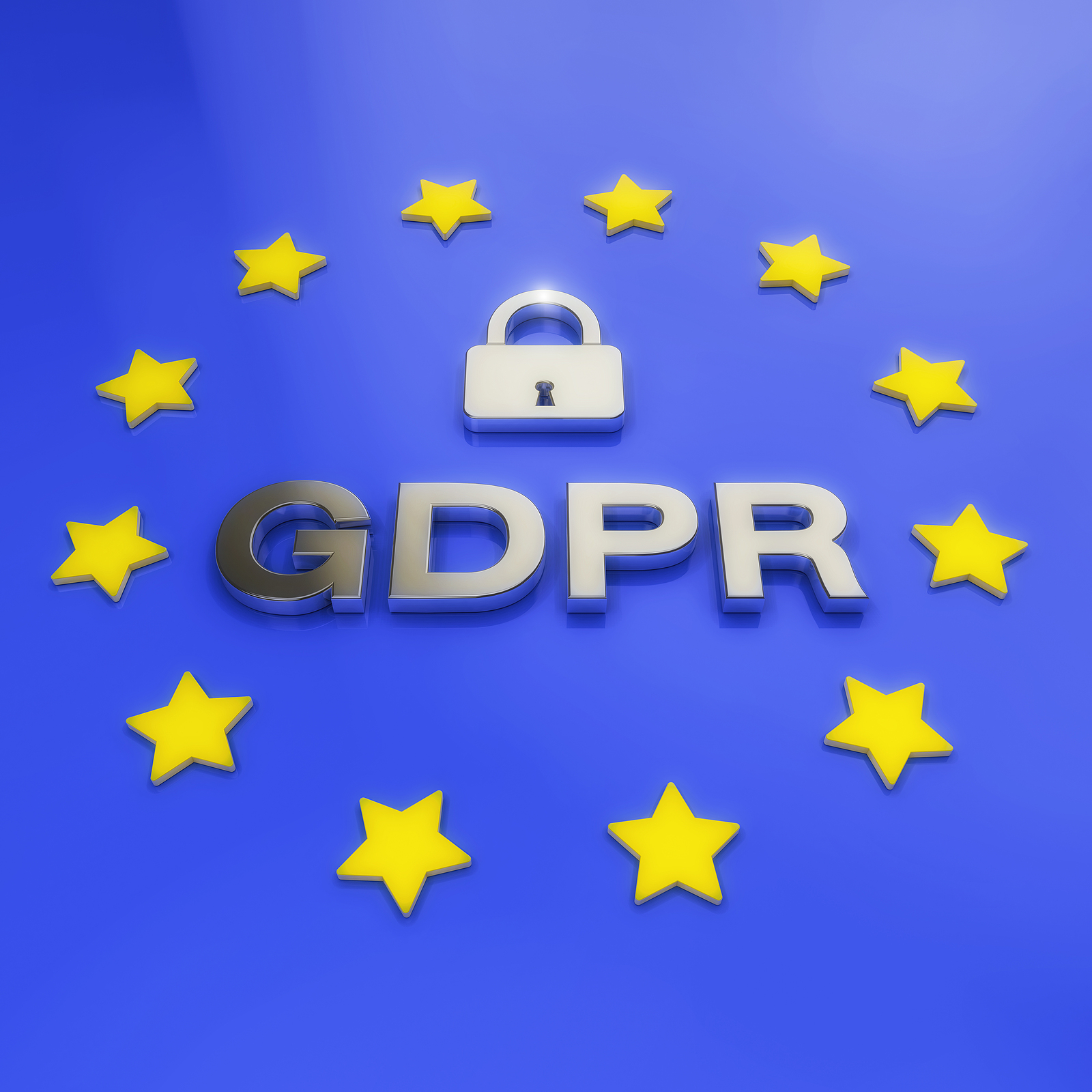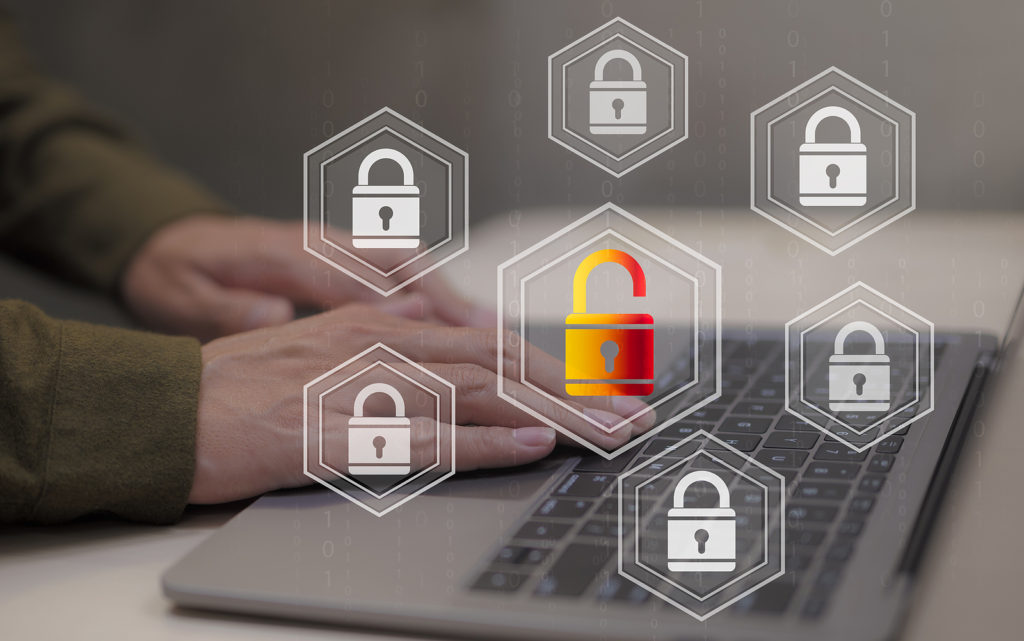The revolutionary impact of digital transformation has left its imprint on the creative world of art. While traditional physical galleries are still very much relevant, art dealers are now exploiting and extending their reach into the vast and borderless world of e-commerce.
For online art merchants operating within or targeting business prospects in the European axis, staying compliant with the General Data Protection Regulation (GDPR) may be perfect to build a professional brand identity.
Art dealers often misconstrue the true intent of GDPR principles; many perceive them as a form of extortion, as in compliance costs and violation fines, while others consider them an intrusion into their sales and marketing tactics, as in seeking explicit user data consent.
How GDPR Compliance Benefits Online Art Sellers in Europe
GDPR principles can’t be undermined. Failure to adhere strictly to them leads to legal actions and hefty fines. Not only do these dent your reputation, but they could wreak serious havoc on your business.
On the brighter side, respecting privacy rights and securing personal data holds more weight in business growth.
1. Safeguarding customer data: The heart of GDPR principles
In a world where cyber criminals are ravaging the digital sphere, GDPR mandates that all sensitive customer information, which, if compromised, could lead to data theft, financial loss, or reputational damage, should be processed with user consent and secured effectively.
As such, leading firms are adopting safer approaches like server-side tagging to track user data and prevent unauthorized access, as with third-party cookies. Since activities are conducted on a centralized platform, art sellers can collect and share data with more control. This kind of functionality is standard in Usercentrics, which is designed to automate privacy compliance.
2. Gaining meaningful and explicit user consent
Online art sellers often rely on customer information for personalized marketing and business operations. However, GDPR emphasizes clear and explicit user consent, which means customers must willingly subscribe to newsletters or be tracked by cookies.
In a way, it becomes easier to gauge the effectiveness of your campaigns. Rather than having tons of passive and uninformed subscribers, your email list will comprise quality customers.
Customers want to know how their data is being collected and what it's being used for. Giving them the option of accepting or denying cookies indicates that you value their autonomy and privacy.
3. Avoiding legal risks and reputational damage
Not complying with GDPR principles carries risks. Penalties may sum up to 20 million euros or 4% of your global turnover, whichever is greater.
Primarily, the problem stems from the attitude of businesses toward GDPR. It should be perceived as an insurance, not a burden. Obtaining affirmative user consent, limiting data access requests, and enhancing security protocols are all standard ethical practices that facilitate customer trust and business growth.
Legal actions and public investigations do more than financial losses; they can brew up doubts in the minds of customers and tarnish your brand image. As a solo artist or small-to-mid-sized gallery, it can even be more devastating since your core marketing strategies revolve around word of mouth and online reputation.
4. Honoring customer access rights and deletion requests
Aside from seeking affirmative user consent, your customers have the right to access the personal information you’ve collected about them, ask for corrections, and request removal. Under GDPR, this is known as the “right to be forgotten.”
It pays to have a secure platform where you manage information, such that it would be easy to locate, delete, and retrieve files on customer request.
Failure to honor user rights doesn’t just subject you to legal actions; it could break years of customer trust and loyalty. Picture a scenario where you request to unsubscribe from a newsletter, and are ignored or sent a late response. It could leave you frustrated to the extent that you’ll decide to withdraw your patronage.
5. Staying compliant when integrating third-party platforms
Since GDPR was enacted, we’ve seen many third-party platforms like Odoo and Etsy integrate GDPR features into their functionalities. Many online art vendors opt for these tools to maintain privacy.
If you want to export an email list from Etsy to your CRM, or use plugins for analytics or retargeting, you’ll still have to conduct a background check to understand if these tools really comply with GDPR principles when collecting and securing data.
In that case, top firms bring GDPR data processing agreements (DPAs) into play. This binding contract allows you to understand whether the platform is GDPR-compliant, especially if it intends to handle personal and classified data on your behalf.
Hackers feed on the vulnerabilities in your systems, and one case of a cyber-attack is sufficient to cause irreparable damage.
6. Adapting to changing policies and legal trends
Have you ever wondered why GDPR is considered the basis for other data protection policies across the globe? Well, the reasons are not far-fetched; it’s highly comprehensible, has an extraterritorial scope, and emphasizes typical individual rights.
As an online art seller eyeing business prospects outside Europe, adhering to GDPR principles will form the framework for adapting to other dynamic policies. Expanding into new markets often comes with its hassles, leaving organizations scrambling to adjust to new regulations like shipping compliance.
Art sellers who have operated under the GDPR would understand just how robust and adaptable its data management framework can be. In the long run, this saves you quality time and costs, and more importantly, mitigates disruption to delivery risks in case a new rule is enacted.
Moreover, there are business prospects who pay attention to the specifics. Taking proactive steps on matters related to compliance demonstrates your art firm as reliable and futuristic. This trait indicates operational maturity and efficiency, something you’ll find most valuable when dealing with partners who prioritize high legal and ethical standards.


